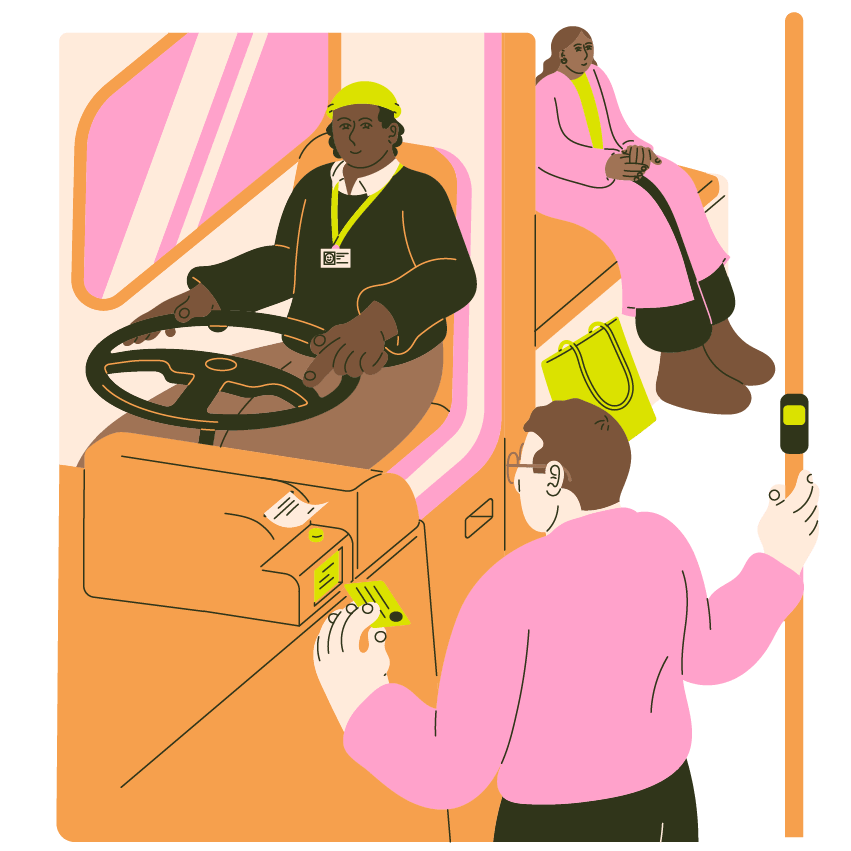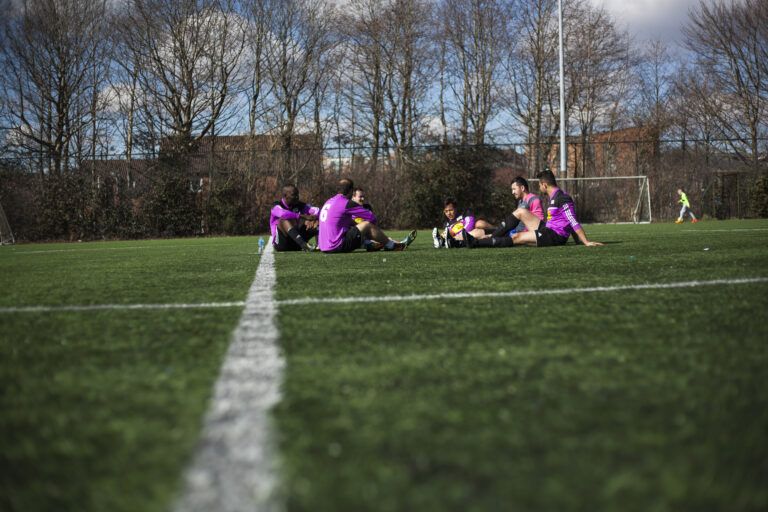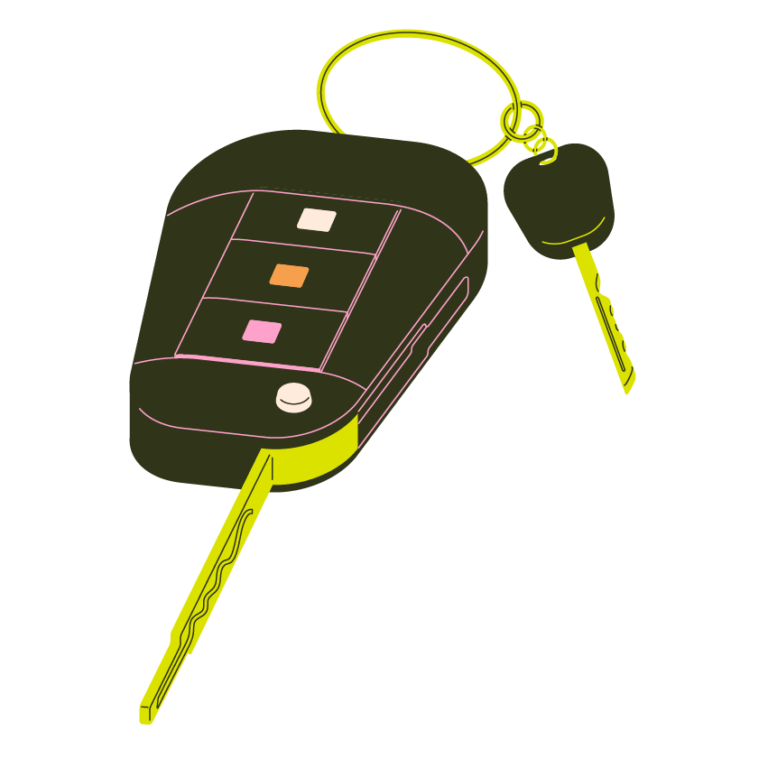The project provided ESOL video recordings of driving courses so individuals could watch them as many times as they wish. The project also aimed to partner with a driving school to provide a certain number of free driving lessons for refugees, provide tailored vocational ESOL courses and set up an electronic question and answer mechanism which to be used as an ESOL learning tool (with the relevant helpful questions and answers to be shared via a social media group page). Courses would also be tailored to UK employment culture and self-employment.
Driving and Employability in remote rural Regions


To provide ESOL, employment and driving training and support to refugees across four local authority areas in Scotland.
Key Information
Project Partners
Argyll and Bute council, Orkney council and Shetland council
Geographical reach
Argyll and Bute, Nah h-Eileanan Siar, Orkney and Shetland
Dates
15/11/2021 – 30/11/2022
Target Groups
Refugees
Project Type
Supporting innovation
Background
The four Local Authority areas experience similar rural experiences and challenges. They met to discuss submitting a joint bid and common challenges faced. Driving was highlighted as an area all partners could benefit from. Due to the small nature of the local authorities, we do not enjoy the economies of scale of larger authorities. For example, 3 of the authorities do not have any spare ESOL Tutor hours to give to the project, and there is no guarantee that we could employ a tutor. However, Argyll and Bute have several ESOL Tutors working part-time who could be employed by the lead partner to work remotely.
Impact
An ESOL Tutor and Project Assistant was appointed. The Project Assistant was an Arabic speaker. At the outset all participants were Arabic speakers although this changed throughout the project.
A private Facebook page was created for the project.
Driving Theory classes were delivered for the duration of the project and 6 Driving Theory videos were filmed and will be made available to the project participants.
Blocks of 10 practical driving lessons were purchased for 7 of the learners that felt ready to start learning how to drive.

Challenges encountered
There were a few activities we were unable to undertake due to the increased pressures on resettlement teams due to Afghan and Ukraine Schemes. As a result we were not able to recruit volunteers; feedback process and Q&A processes were started but not completed as resource not in place to overcome barriers; provide ESOL vocational classes.
There were also great problems finding driving instructors due to the backlog caused by COVID.
How the project has expanded on existing examples of good practice
We were able share examples of good practice and are embedding them in work as we go forward as we will be continuing this way of working. Organisationally, it has been really enriching for us to work intentionally in this field and we have developed new relationships with faith communities previously unknown to us and individuals who have experience of the refugee and asylum system.
Reflections
There was a lack of willingness to provide feedback possibly due to literacy levels. In future we would ensure that the project delivery team has resilience in case resources get stretched.
Further information
6 videos have been created to allow participants to watch and learn in their own time. These will be shared with the project participants and advice sought from COSLA on the best way to share this resource more widely.
The Driving Theory subjects are:
Alertness
Documents for Driving
Eco Safe Driving
Hazard awareness
Motorways
Weather conditions


